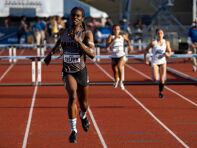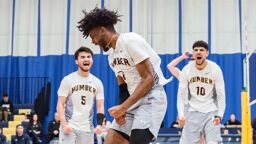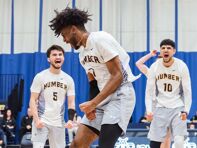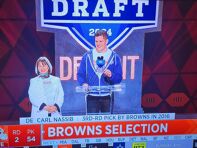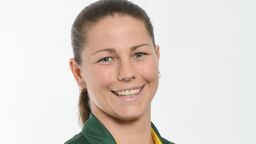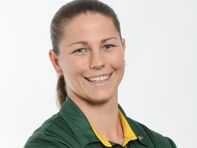NCAA physicians say their views are changing about transgender athlete inclusion.
The NCAA recently held a virtual Gender Identity and Student-Athlete Participation Summit, where current and former transgender and nonbinary college athletes shared the challenges they experienced in collegiate athletics. The NCAA’s chief medical officer said their stories of struggle helped him shift his opinion on the complicated issue.
“I was surprised that in those two days I saw my conceptual framework shifting,” said Dr. Brian Hainline, per the NCAA’s press release on the event. “The NCAA might be in a unique position to take a different sort of leadership voice.”
The NCAA carries different policies for trans males and females. Trans male athletes who aren’t taking testosterone related to gender transition may participate on a men’s or women’s team. However, trans female athletes who aren’t taking hormones related to gender transition may not participate on a men’s team.
In order for trans female athletes to participate on a women’s team, they must undergo one year of hormone treatment.
Dr. Stephanie Chu, the team physician at Colorado and a member of the NCAA Committee on Competitive Safeguards and Medical Aspects of Sports, said the summit challenged her to think about the issue from more of a humanist perspective.
“I think the greatest takeaway I took from the summit was the humanity of things,” she said.
The NCAA’s current transgender policy was established in 2011. Over the last decade, there’s been an array of additional research on the topic, and there will be more to come. The stories from trans and nonbinary college athletes signaled it may be time to reconsider the old rules.
In order to do that, there needs to be as much tangible data and information as possible. The NCAA says it’s committed to undergoing those studies.
“We need to look at what research there is, and if there isn’t enough, we need to start it,” Chu said. “If there is, we need to really take a deep dive into the research.”
The summit participants will continue to work together to provide a consensus framework on where to move forward. This could be a turning point for the athletic governing body.
Last week, the NCAA kicked off its new Diversity and Social Media Inclusion campaign, highlighting LGBTQ athletes. The NCAA is speaking the language of inclusion, and now seems prepared to act.
“I think we’re at the same crossroad here,” Hainline said, “and we can really move in a positive direction.”
EDITOR’S NOTE: An earlier version of this story inadvertently substituted the phrase “men’s team” for “women’s team” in a sentence about hormone treatment, and that mistake has been corrected. The sentence now says, “In order for trans female athletes to participate on a women’s team, they must undergo one year of hormone treatment.” We regret the error.




